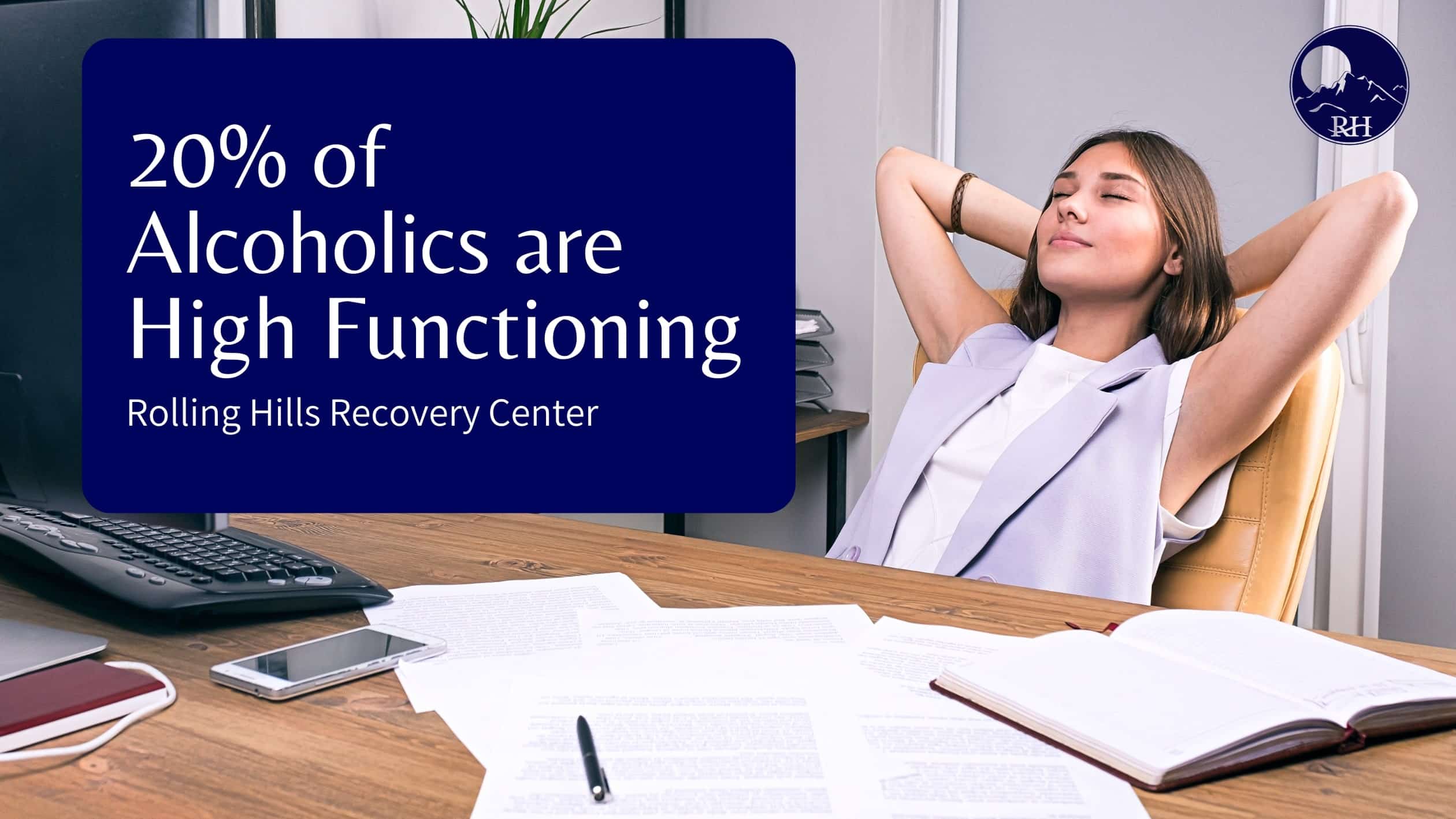
What kind of image do you conjure up when you imagine someone addicted to drugs or alcohol? A homeless vagrant dozing off on a wooden bench? Perhaps a dad with two young kids and a shopping cart in the mall.
A lady needing personal hygiene who frequents a rough part of town? Or a businessman in a suit negotiating business deals over the phone? The fact is that anybody here may be fighting an addiction to alcohol or drugs.
It’s often assumed that someone struggling with addiction would exhibit severe behavioral changes. But, in all likelihood, you know a “functioning addict” or someone you would never suspect has a problem with substance abuse.
What is Considered a Functional Addict?
A “high-functioning addict” has drug abuse issues yet seems to be doing OK to outsiders. Addicts who can keep their life together will go to tremendous lengths to conceal the fact that they are functional addicts. They’re skilled at disguising their distress. They worry that if the truth were to come out, it would damage their professional standing.
Addicts who can function typically often maintain employment. Some people have a lot of success in their careers. Addicts who can function normally also tend to have full social calendars. They can keep their addiction a secret from everyone, even those dearest to them.
Although their friends, family, and coworkers may not notice any changes in their behavior, functional addicts are vulnerable due to substance use.
Unfortunately, when a functional addict’s addiction is uncovered, it is often too late to prevent the addict’s death by overdose. Many people who are functionally addicted may keep up their use for a long time despite its devastating effects on their lives.
How Widespread is Functional Addiction?
The National Institute on Alcohol Abuse and Alcoholism in the United States discovered that approximately 20% of alcoholics are high-functioning, college-educated, professionally successful people.
Research has also found that those who struggle with addiction tend to perform moderately socially.
According to a study conducted in Sweden, almost 14% of persons with addiction disorders are self-employed sole proprietors whose lives seem to be in complete order.
Addicts understand the need to maintain gainful employment to sustain their drug use, according to experts. In the workplace, people may ignore an addict’s obvious symptoms as long as they finish their job. Addiction has far-reaching consequences for well-being, social life, and economic stability. Damage to families is enormous.
However, occasionally loved ones enable an addict’s behavior for years, enabling them to lead relatively everyday lives despite their substance abuse. The loved ones of addicts eventually become tired of trying to help them and seek professional help at drug rehabilitation facilities.
Jobs With a High Potential for Functional Dependency
Drug abuse is an equal opportunity killer. It may strike anyone at any age, socioeconomic status, or level of education. However, a secure and prosperous professional life is the hallmark of a “functioning addict.” Professionals in the following high-stress fields are at increased risk of developing a functional addiction:
Those Who Execute The Law
It is very uncommon for law enforcement personnel to turn to drug abuse to deal with the mental and emotional strains of their jobs and the trauma they see daily.
However, the prevalence of drug and alcohol addiction among police personnel is much greater than in the general population. Some estimates put the percentage of police officers with significant alcohol or drug addiction at 25%.
Military Veterans
Veterans with combat-related PTSD in Vietnam are overrepresented in the alcohol abuse/dependence population, making up more than 70% of those diagnosed with PTSD.
Staff In The Medical Field
There is a lot of pressure on doctors and nurses. Additionally, medical professionals have quick access to potent pharmaceuticals.
Managers and CEOs
Heavy workloads in a high-pressure setting might lead to substance abuse among corporate leaders. In addition, addiction to pharmaceuticals (stimulants) is common among high-ranking corporate leaders because of their purported benefits in these areas.
Lawyers
Among lawyers, almost 20% have drinking problems that might lead to addiction. Substance misuse is widespread in the legal profession, and so are mental health issues such as depression, anxiety, and stress.
Understanding How to Detect a Functional Addict
Although high-functioning addicts may continue to come to work daily, analysts argue that they may be unable to perform at their best due to their addiction. Also, individuals are in danger of experiencing both bodily and mental distress if they do not immediately start drug rehab and therapy for addiction. This is why recognizing the symptoms of functional addiction is crucial.
1. Isolation
Over time, a functional addict’s life is dominated by their drug of choice. They prioritize their personal lives above their professional ones, families, and communities. As a result, an addict’s whole world narrows to one thing as their dependency grows: scoring their next dosage.
2. Supporting Interpersonal Connections
Individuals who have achieved functional sobriety often seek approval from others who understand their situation. It’s normal for particular fields to create conducive circumstances where coworkers push others to act poorly.
3. Denial
Many people who are functionally addicted deny that they have an issue. After putting in as much effort as possible, I think it’s time to relax. After a long day, I like to relax with a drink. Although the justifications may seem plausible initially, the reality is that no profession, regardless of how demanding it might be, should need regular drug or alcohol usage.
4. Experiencing A Financial Loss For No Apparent Reason
Drugs with a high potential for addiction have a hefty price tag. Addicts who can function normally may still be exposed if they try to keep huge sums of money from their loved ones. The cost of treating a substance use problem may soon balloon out of control. You need to tell your loved ones about something going on here.
5. Excuses
Addicts who can keep their jobs rationalize their substance abuse by saying it is inevitable in their line of work. They justify their drug usage by pointing to their professional achievements.
Sources:
“High-Functioning Addicts”: https://www.ncbi.nlm.nih.gov/pmc/articles/PMC3883816/
Author
-
Dr. Williams has held senior leadership positions in the behavioral health field for over 30 years. He has worked with diverse populations in various private and public sectors.
View all posts
-
Sherrilyn is an experienced mental health writer with a demonstrated history in content marketing. HubSpot inbound marketing certified with skills in SEO, content creation, proofreading, editing, and teaching.
View all posts













